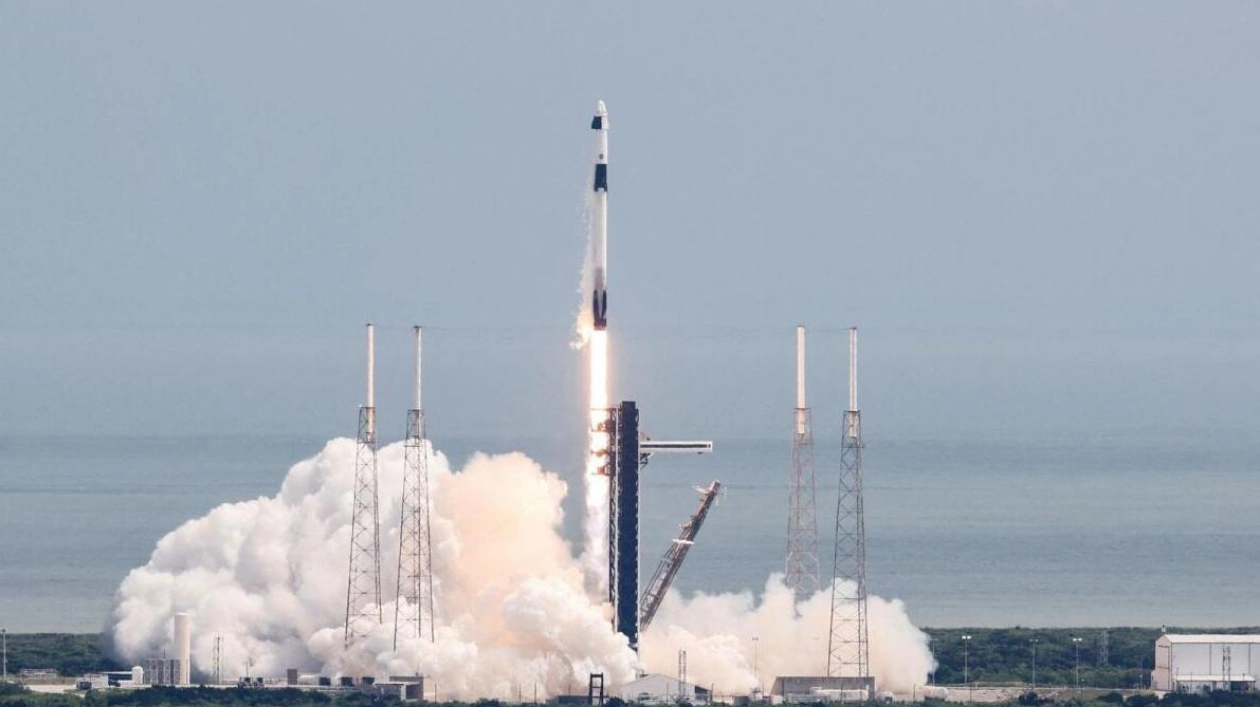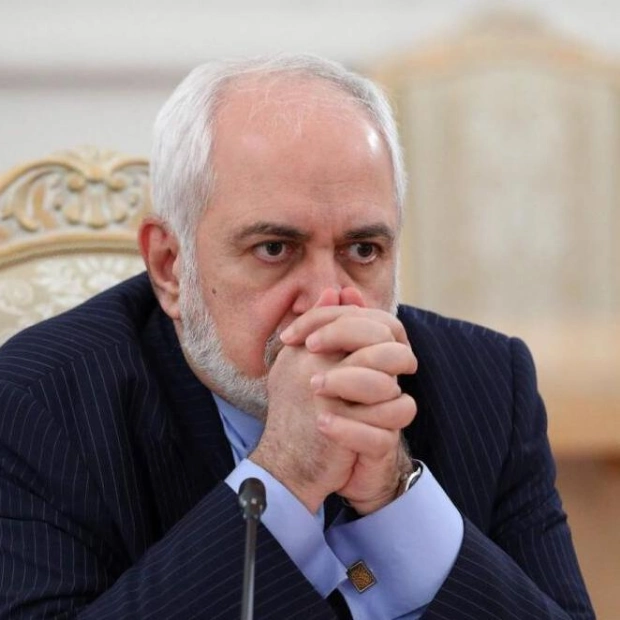A SpaceX rocket launched into the sky on Saturday with two passengers on board, leaving two seats vacant to bring back American astronauts who have been stranded on the International Space Station (ISS) for months, according to NASA.
The Falcon 9 rocket lifted off at 1:17 pm from Cape Canaveral, Florida, utilizing a new launch pad, marking its first crewed mission. "Congrats to @NASA and @SpaceX on a successful launch," NASA chief Bill Nelson tweeted. "We are living in an exciting era of exploration and innovation among the stars."
On board were NASA astronaut Nick Hague and Russian cosmonaut Alexander Gorbunov. Upon their return from the ISS in February, they will bring back two space veterans—Butch Wilmore and Suni Williams—whose stay on the ISS was extended due to issues with their Boeing-designed Starliner spacecraft.
The newly developed Starliner made its first crewed flight when it delivered Wilmore and Williams to the ISS in June. Initially planned for an eight-day stay, problems with the Starliner's propulsion system during the flight forced NASA to reconsider its plans. After extensive testing on the Starliner's reliability, the space agency decided to return it to Earth without its crew and bring the two stranded astronauts back on the SpaceX mission Crew-9.
"We understand that this launch is somewhat unique in transitioning from the original plan for crew members to two," NASA associate administrator Jim Free stated. "I want to express my gratitude to SpaceX for their support and adaptability."
SpaceX, the private company founded by billionaire Elon Musk, has been conducting regular missions every six months to facilitate the rotation of ISS crews. However, the launch of Crew-9 was postponed from mid-August to late September to allow NASA experts more time to assess the Starliner's reliability and determine the next steps. The launch was further delayed by the destructive passage of Hurricane Helene, which hit the opposite coast of Florida on Thursday.
SpaceX's Dragon spacecraft is scheduled to dock with the ISS on Sunday around 21:30 GMT. After a handover of duties, the four members of Crew-8 will return to Earth on another SpaceX craft. In total, Hague and Gorbunov will spend approximately five months on the ISS, while Wilmore and Williams will spend eight months. Crew-9 is set to conduct around 200 scientific experiments.






